
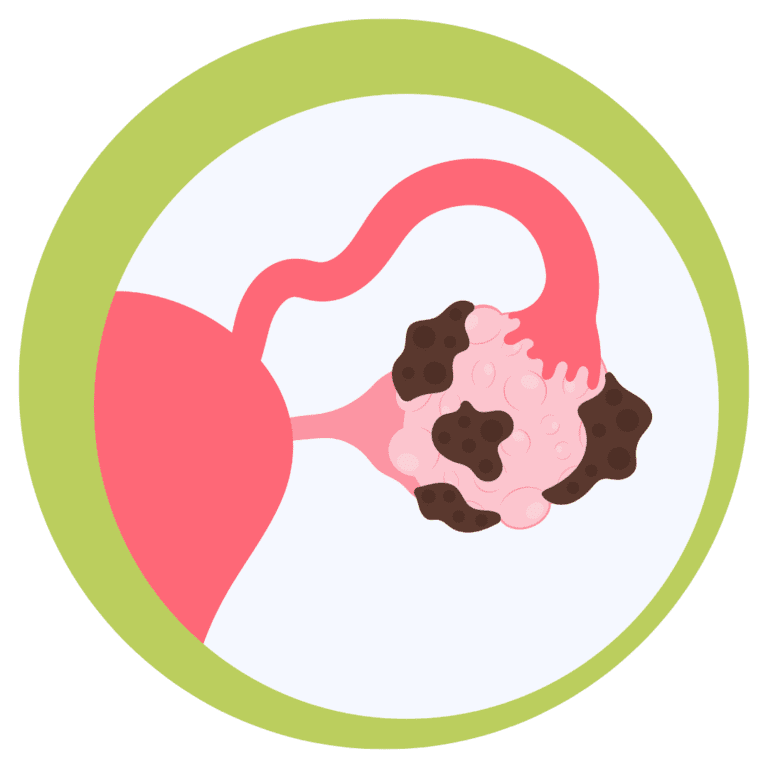
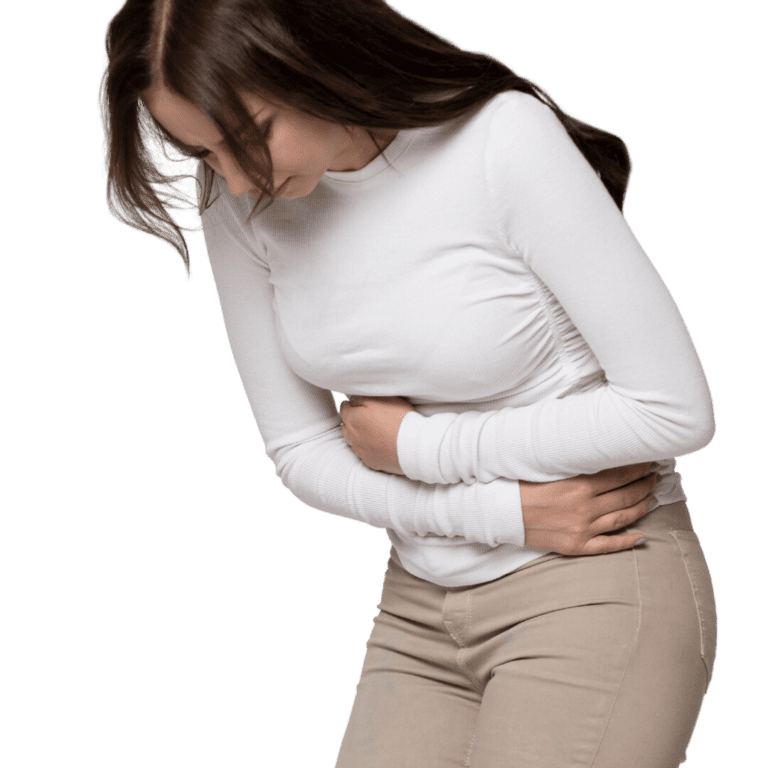
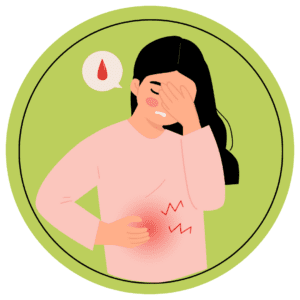
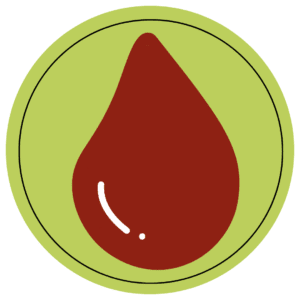
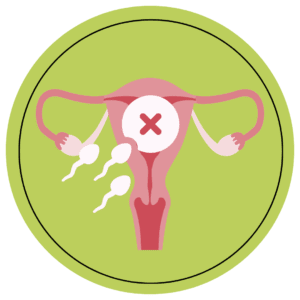
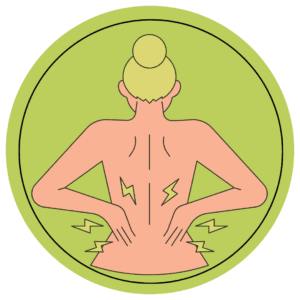
Involves small lesions or wounds and possibly shallow endometrial implants on the ovary. There might be inflammation in or around the pelvic cavity, but there are minimal or no scar tissues (adhesions).
Stage II (Mild) features more and deeper implants than Stage I and can also include light scarring. Endometriosis at this stage is still considered mild but involves more tissue than Stage I, with the implants potentially extending into the ovaries or the fallopian tubes.
This stage is characterized by many deep implants, small cysts on one or both ovaries, and more significant adhesions. The cysts, known as endometriomas or "chocolate cysts," are filled with dark, reddish-brown blood.
The most advanced stage, it includes large cysts on one or both ovaries and extensive adhesions. There may be significant scarring, and the endometrial implants can also affect other organs within the pelvis, such as the bladder and bowel.
Endometriosis is a condition that often starts years after menstrual periods begin and can cause significant pain. Several factors can increase a woman's risk of developing endometriosis, including:
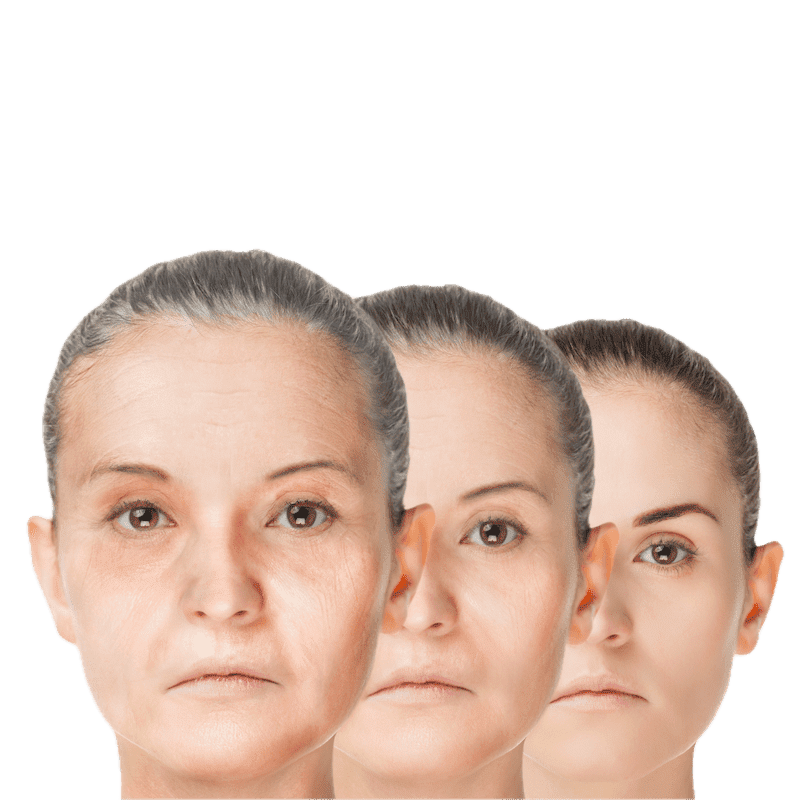

Acupuncture Session - $189.00
Acupuncture, Package of 4 - $636.00
Female Pellet Insertion Package - $518.00
Male Pellet Insertion Package - $744.00